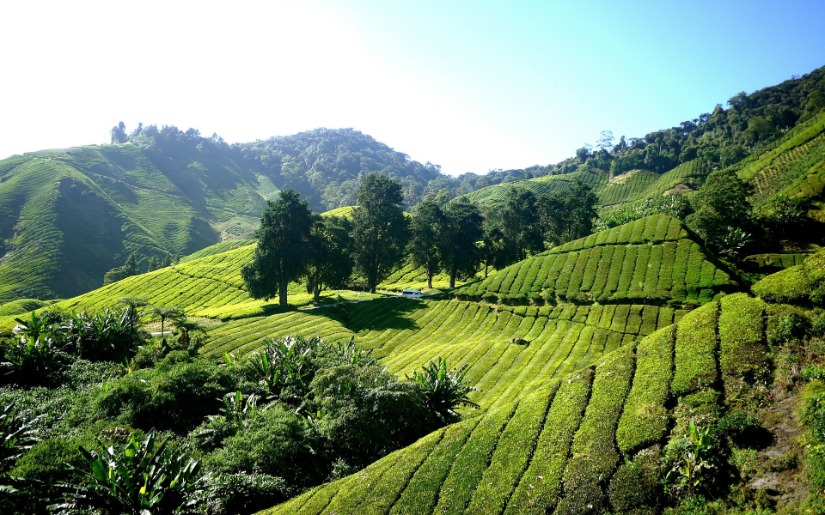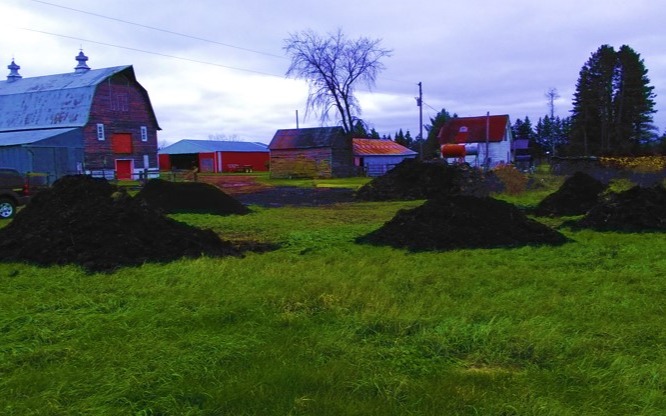A number of months ago Dovetail was contacted by an individual who wanted to know if Ipe, the tropical wood increasingly used for decking, is sustainable. The best that we could do was to say that the species is reported to be relatively abundant in the countries of origin and is not on any CITES (Convention on International Trade in Endangered Species) lists. Not knowing anything about the specific supplier and inasmuch as the supplier is not a participant in any certification program; we could not with confidence say that the material had been responsibly harvested. Were this question asked regarding a tree species harvested in the United States it would likely have been much easier to provide a definitive answer. We would have been able to find current and trend data regarding net annual growth and removals for that tree species as well as information about volume by age and size class, and by forest ownership category. There also would be reasonable certainty that harvesting was done in accordance with municipal, county, state, and federal forest management guidelines and regulations. The likelihood of certification of forest management practices by one or more programs would also be higher, thus providing yet another source of information. However, for Ipe, the country of origin, and supplier in question, almost none of this information was available.
In a July 26 statement, the International Tropical Timber Organization (ITTO) reported that only about 5 percent of the tropical forests covered by a recent extensive study are sustainably managed. Therefore, any assumption of responsible harvest and management is today a questionable premise with most tropical species. Yet, companies committed to sustainable forest management do exist in the tropics and responsible harvesting does occur. A challenge for any responsible distributor is validating supplier claims of sustainability, and determining with confidence that a given shipment originated in a responsibly managed and harvested forest unit.
Programs are available that allow distributors to confidently and consistently identify responsibly sourced wood. These programs also provide an incentive to wood suppliers to improve forest management practices. A number of options are available today to firms large and small, and becoming involved is far easier than most people think.


.jpg)



.png)